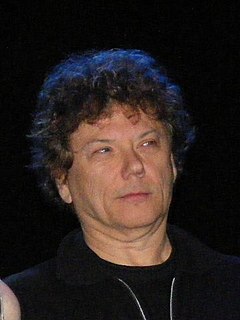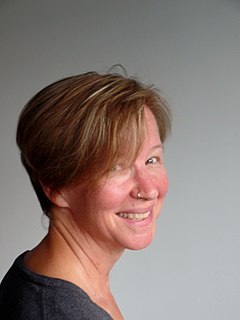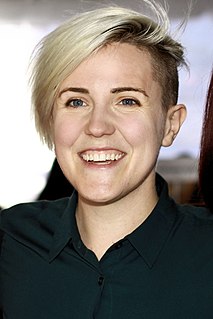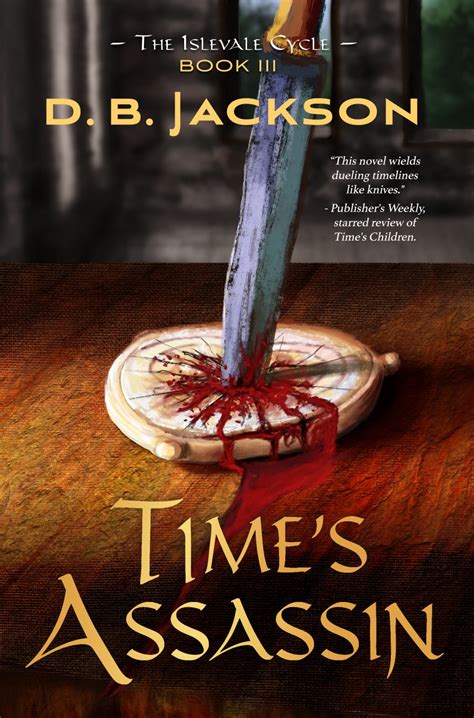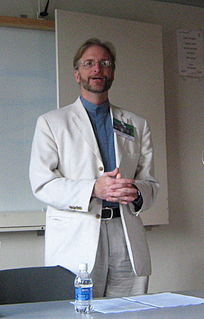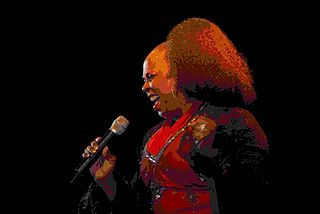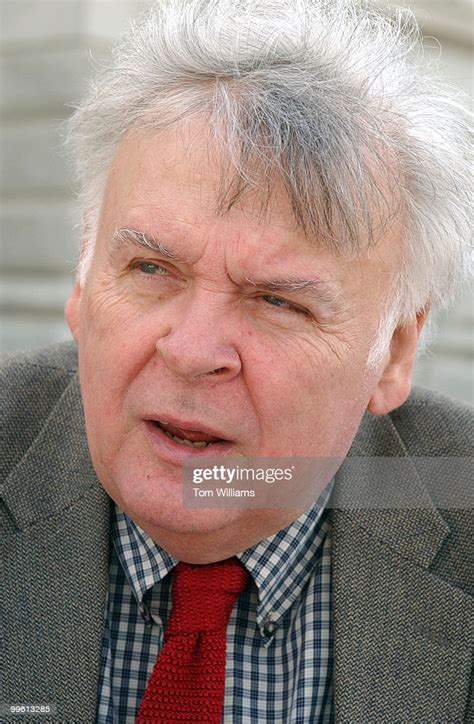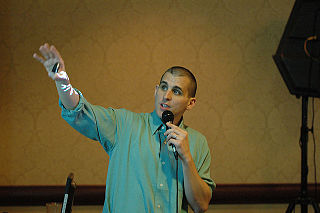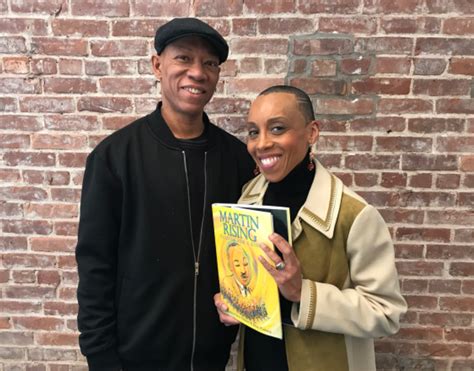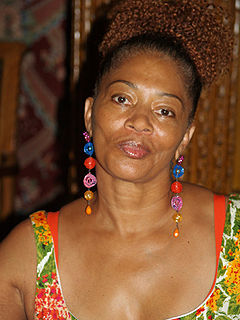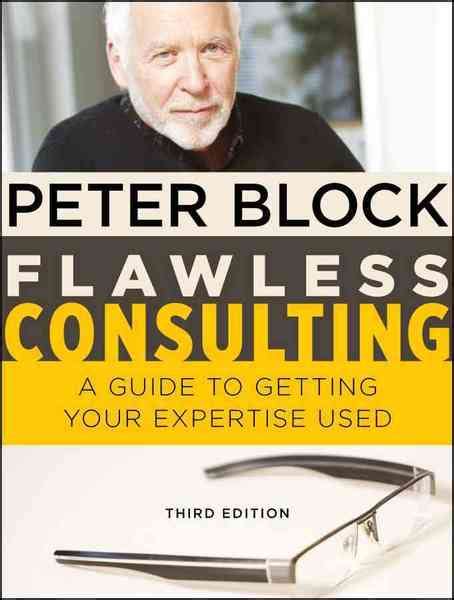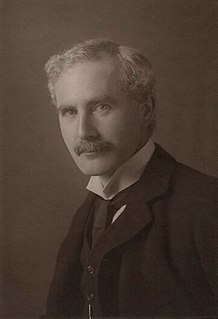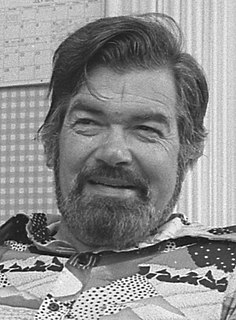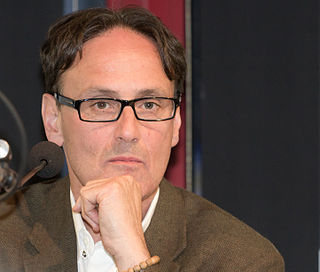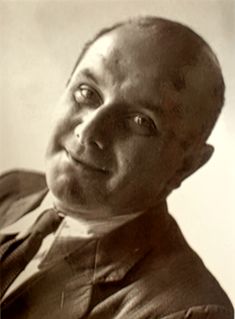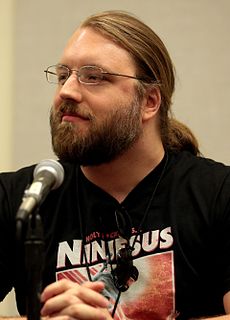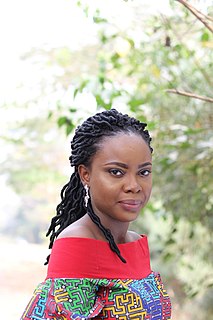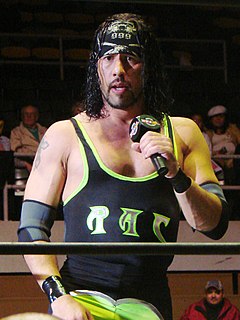Top 1200 Writing Advice Quotes & Sayings
Explore popular Writing Advice quotes.
Last updated on December 19, 2024.
The single best piece of advice I give to aspiring writers is to always write about things that they know. I suggest that they write about people and places and events and conflicts they are familiar with. That way their writing will be real and hopefully readers will respond to it. I try to take my own advice.
Whenever I teach writing I tell them to never revise as you go. Finish the first draft. This is my writing advice. I can't do that myself. I'm lying to everybody. I write a paragraph, and then I rewrite that paragraph. I want to feel like I'm standing on firm ground before I move on to the next paragraph. Mentally, I have to do that.
There's no such thing as advice to the lovelorn. If they took advice, they wouldn't be lovelorn. You see, advice and lovelorn don't go together. Because advice makes love sound like some sort of cognitive activity, but we know that it isn't. We all know that it's some sort of horrible chemical reaction over which we have absolutely no control. And that's why advice doesn't work.
Advice to a new writer: There are no rules in this profession. Do what is good for you. Read books and watch films that stimulate your writing. In your writing, go where the pain is; go where the pleasure is; go where the excitement is. Believe in your own original approach, voice, characters, story. Ignore critics. Have nerve. Be stubborn.
Before you give advice, that is to say advice which you have not been asked to give, it is well to put to yourself two questions - namely, what is your motive for giving it, and what is it likely to be worth? If these questions were always asked, and honestly answered, there would be less advice given.
The best advice on writing was given to me by my first editor, Michael Korda, of Simon and Schuster, while writing my first book. 'Finish your first draft and then we'll talk,' he said. It took me a long time to realize how good the advice was. Even if you write it wrong, write and finish your first draft. Only then, when you have a flawed whole, do you know what you have to fix.
A couple of pieces of advice for the kids who are serious about writing are: first of all, to read everything you can get your hands on so you can become familiar with different forms of writing: fiction, non-fiction, poetry, journalism. That's very important. And also keep a journal. Not so much, because it's good writing practice. Although it is, but more because it's a wonderful source of story starters.
Writing objects to the lie that life is small. Writing is a cell of energy. Writing defines itself. Writing draws its viewer in for longer than an instant. Writing exhibits boldness. Writing restores power to exalt, unnerve, shock, and transform us. Writing does not imitate life, it anticipates life.
Some writing courses will advise you to write what you know. I've always thought this is very odd advice ... because it means, for example, that I should not be writing about Nicholas Flamel, because I didn't live in France in the 15th Century, I was not an alchemyst, am not immortal (despite the rumours) and do not know magic.
I could give you absolutely sterling advice on how to avoid writing, how when you run out of things to do other than going to your desk and writing, when every closet is reorganized and you've called your oldest living relative twice in one day to see what she's up to and there isn't an unanswered e-mail left on your computer or you simply can't bear to answer another one and there is no dignity, not a drop left, in any further evasion of the task at hand, namely writing, well, you can always ask your dentist for a root canal or have an accident in the bathtub instead.
By Cunning & Craft is a masterpiece of writing about writing. If, like Scheherazade, you had to spin out a story under threat of death, this is the how-to book to read. It's filled with thoughtful, nuanced advice from a teacher/writer who actually writes, and writes beautifully and with great humor. The list of rejected stories is worth the price of the whole book.
When I visit schools and talk to students about writing, I give them one word of advice and I give it to them quickly and loudly-FINISH! Starting something is easier than finishing it. You must have discipline to go from a few sentences, to a few paragraphs, to a piece of writing that has a beginning, a middle, and an end. Finishing something bridges the difference between someone who has talent and one who does not. My best advice? Apply the seat of your pants to the seat of your chair-and finish. FINISH!
The story goes that every Jedi constructs his own lightsaber, and every penmonkey constructs his own pen. Meaning, we all find our own way through this crazy tangle of possibility. This isn't an art, a craft, a career, or an obsession that comes with easy answers and isn't given over to bullshit dichotomies. We do what we do in the way we do it and hope it's right. Read advice. Weigh it in your hand and determine its value. But at the end of the day - and at the start of it - what you should be doing is writing. Because thinking about writing and talking about writing just plain isn't writing.
Writing advice is not the product of an equation. "If you do X, then Y will occur" is false in this instance. "If you name a character John Q. Hymenbreaker, your book will be an instant bestseller" is crazy-talk. Writing advice is not about providing certifiable answers. It is about making suggestions.
The most common thing I find is very brilliant, acute, young people who want to become writers but they are not writing. You know, they really badly want to write a book but they are not writing it. The only advice I can give them is to just write it, get to the end of it. And, you know, if it's not good enough, write another one.
One thing I gotta say about this, about All Elite Wrestling, is so many people in the industry that are sure they know how it's done are all jumping in. I see so-and-so's advice, this person has advice... As nice of you and your advice, but these guys have come along because they kinda went their own way.
